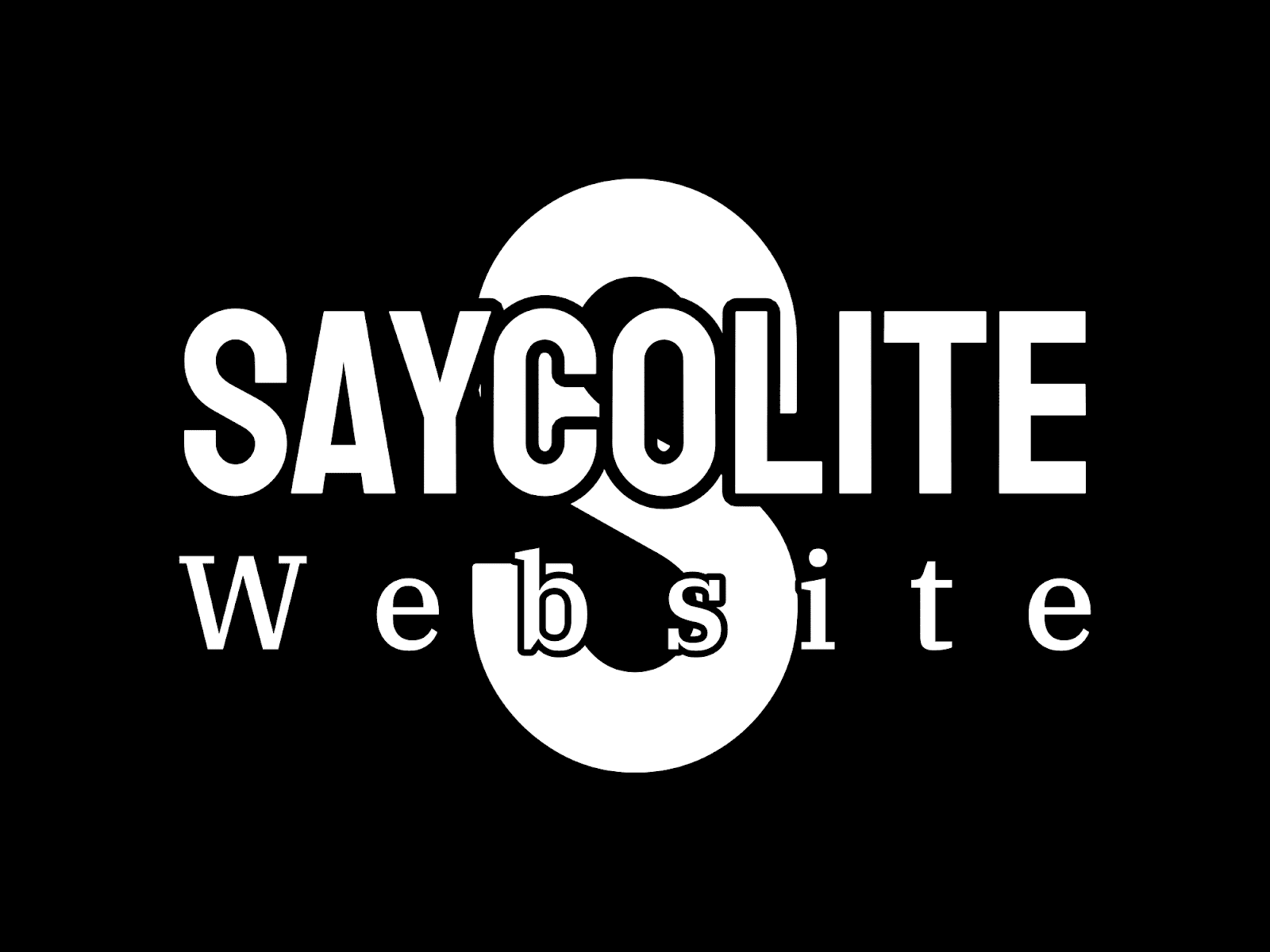Are We Living in a Simulation?
An exploration of the Simulation Hypothesis, a modern theory that reframes our oldest questions about the nature of reality.
The Core Argument: Bostrom's Trilemma
Philosopher Nick Bostrom proposed that one of the following three scenarios is almost certainly true. This forms the statistical backbone of the simulation argument, forcing us to confront the probability of our own existence.
1. Extinction
Civilizations at our stage of development go extinct before becoming "posthuman" (technologically mature enough to create simulations).
2. No Interest
Posthuman civilizations have no interest in running "ancestor simulations" of their evolutionary past.
3. We Are Simulated
We are almost certainly living in a computer simulation created by a posthuman civilization.
The Case for Simulation
Several arguments lend credibility to the simulation hypothesis, suggesting our reality might be a deliberate construction.
The Population Argument
If any civilization runs many simulations, the number of simulated minds would astronomically dwarf the number of biological ones, making it statistically probable that we are among the former.
The Fine-Tuning Argument
The fundamental constants of our universe seem perfectly calibrated to allow for life. The hypothesis suggests these are not coincidences, but programmed parameters.
Glitches in the Matrix?
Despite its appeal, the hypothesis faces significant scientific and philosophical hurdles that question its feasibility.
The Computational Limit
Simulating our universe down to the quantum level would require more computing power and energy than exists within the visible universe itself, a seemingly impossible task.
The Infinite Regress Problem
If we are in a simulation, who simulated our simulators? This leads to an endless, nested chain of realities with no ultimate "base reality."
Our Simulators' Universe
Our Universe
...?
The Philosophical Fallout
Whether true or not, the hypothesis forces us to grapple with profound questions about consciousness, ethics, and the meaning of existence. It acts as a mirror for our own technological ambitions.
Ethics of Creation
If we are simulated, what moral obligations do our creators have towards us? What duties will we have towards the conscious AIs we might create?
Nature of Consciousness
The theory relies on "substrate-independence"—the idea that consciousness is not tied to biology and can run on other systems, like a computer.
Unfalsifiable and Unprovable
A perfect simulation might be designed to be undetectable. Any "glitch" could just be part of the program, leaving us in a state of permanent uncertainty.


.jpg)
.jpg)